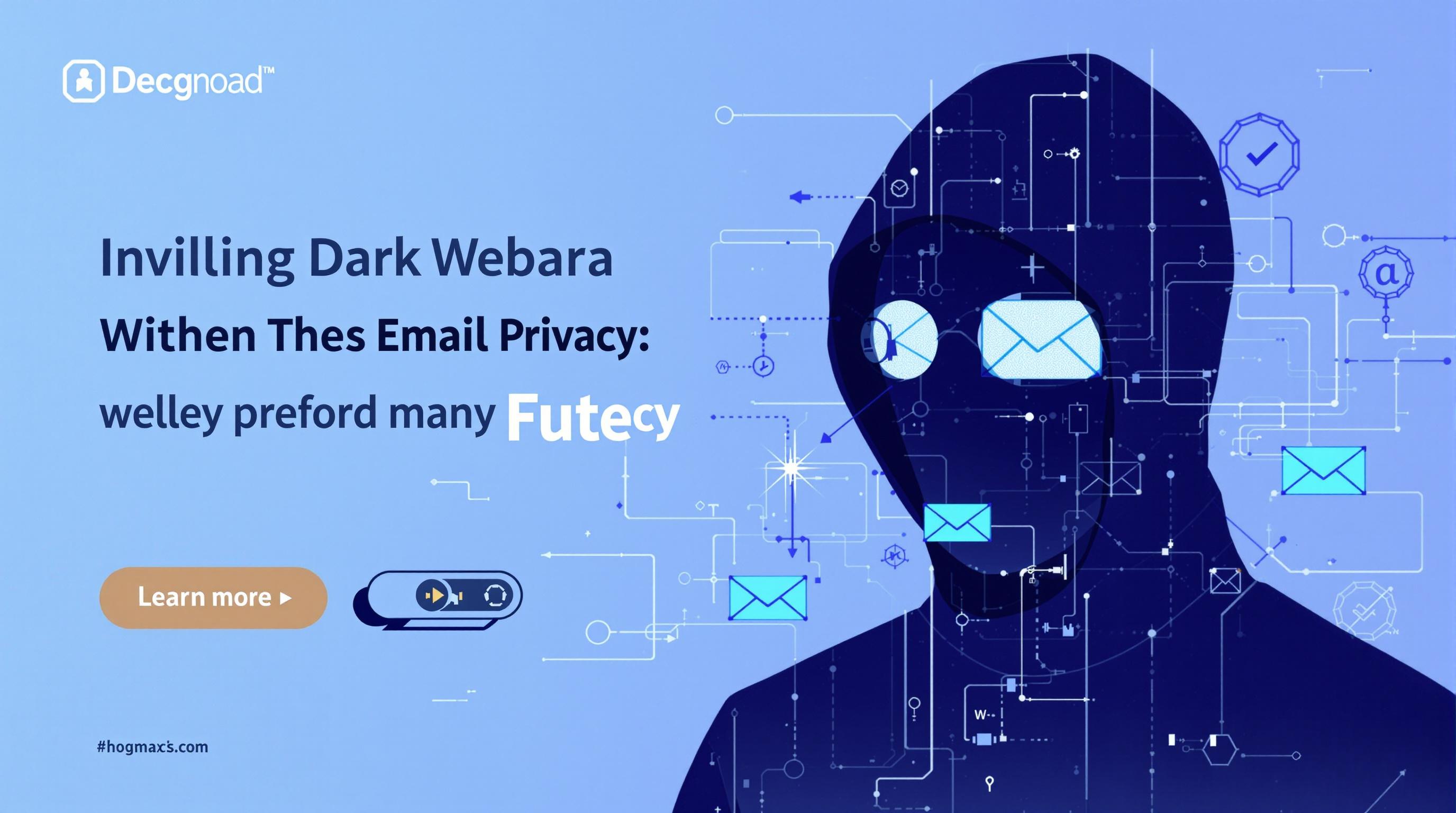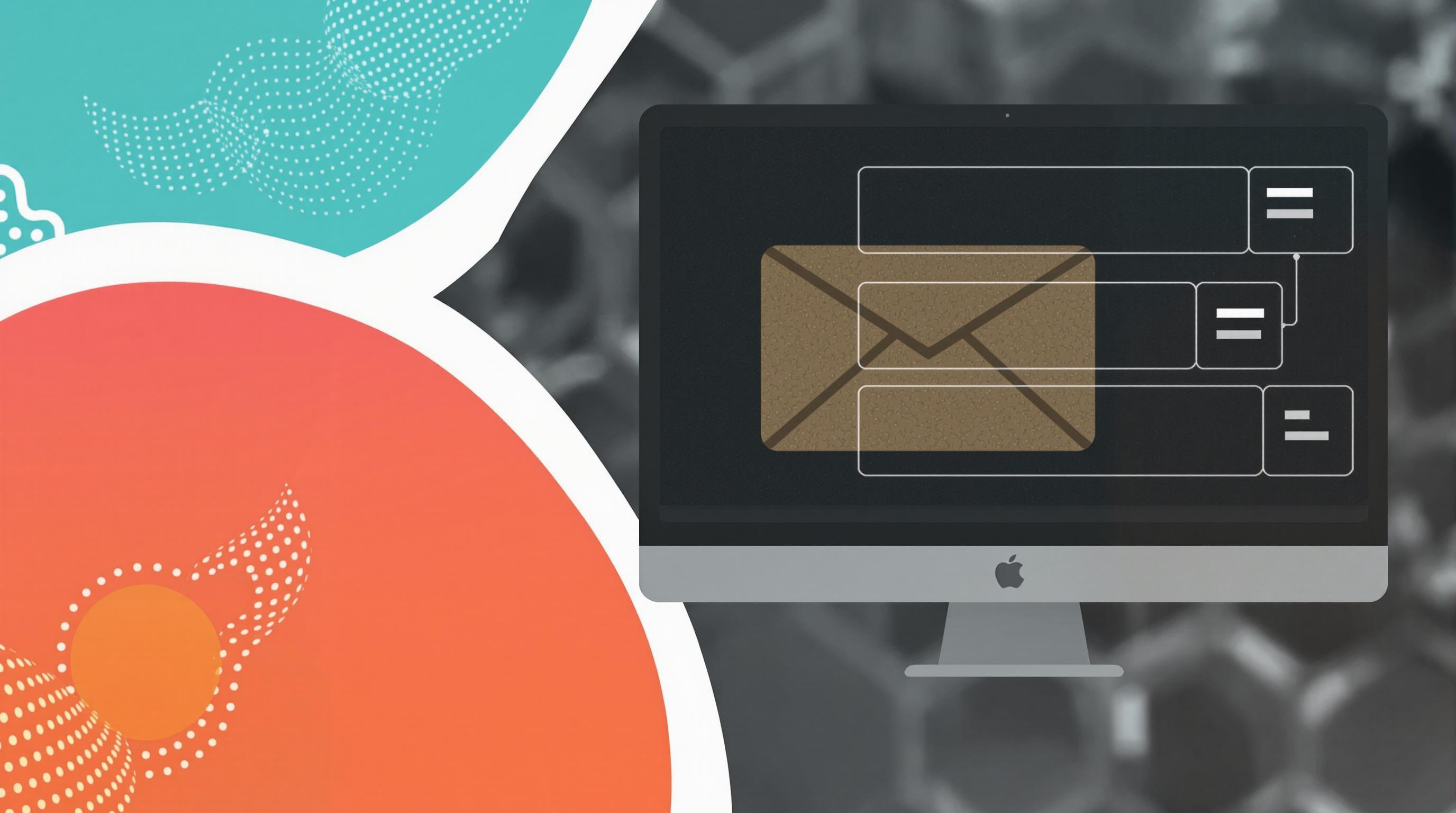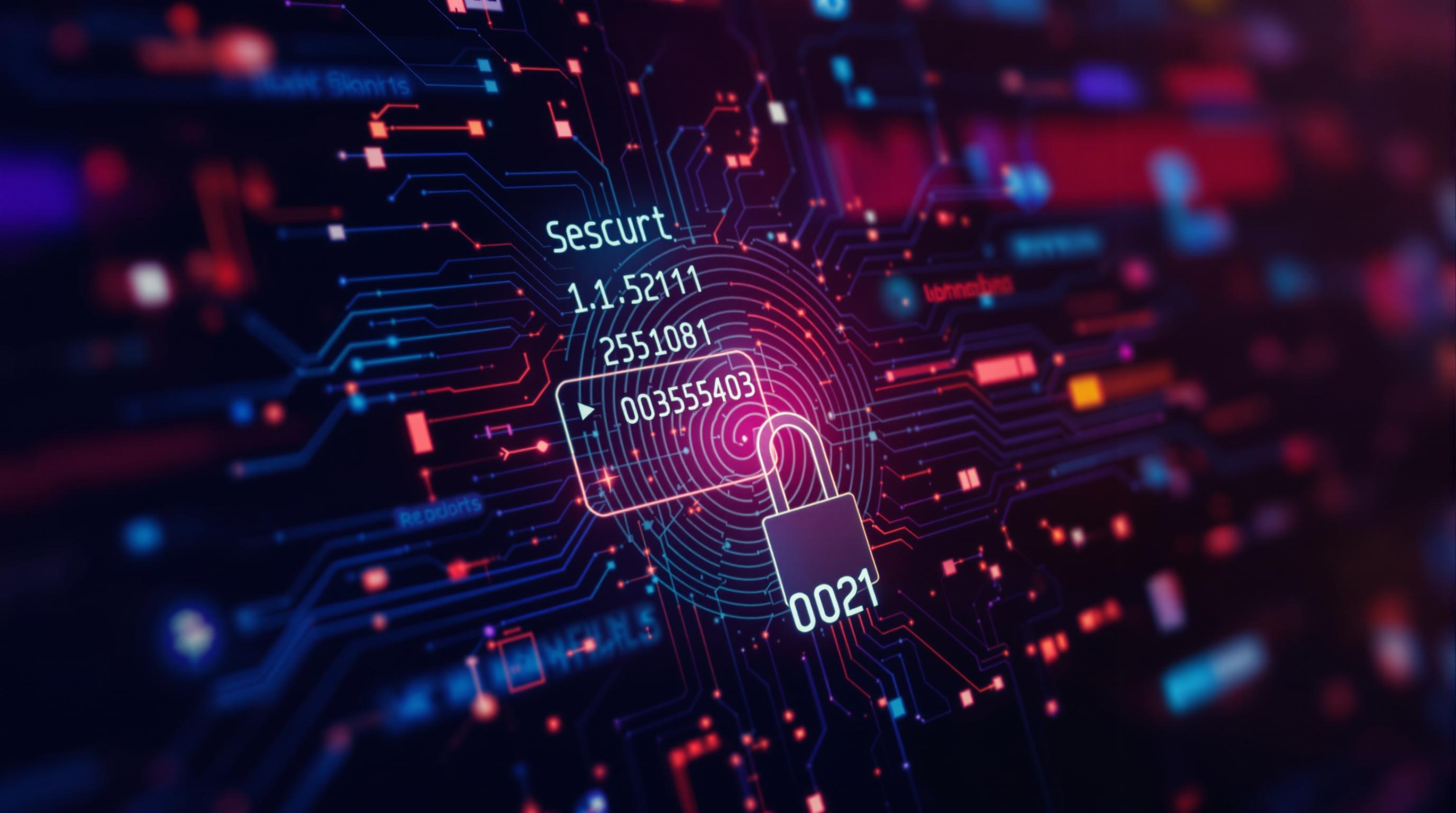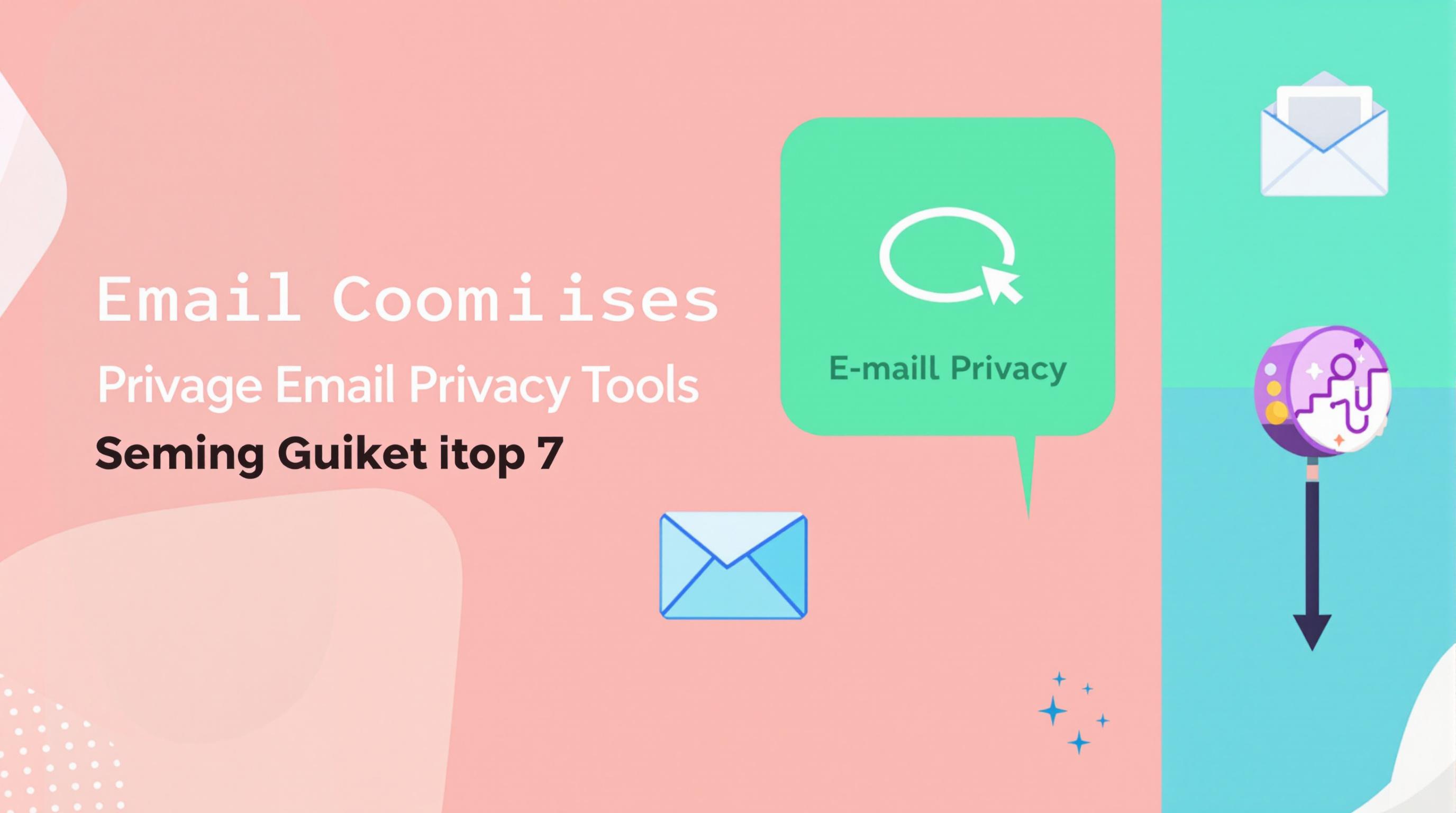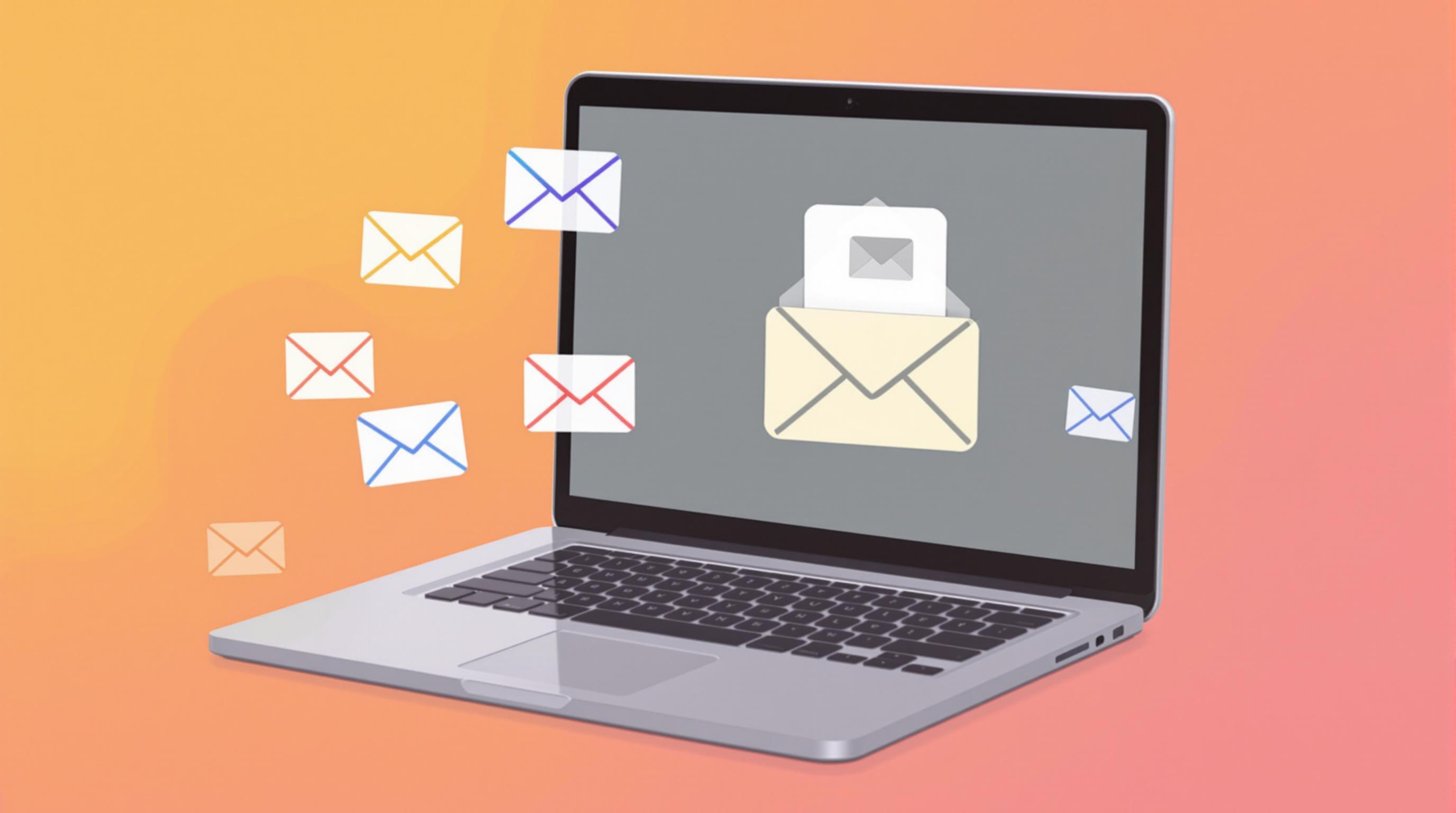Related Articles
- 8 Innovative Password Safes Released Since 2019 Changing How We Protect Our Digital Lives
- Top 6 Revolutionary Password Vaults Debuting Since 2019 That Are Disrupting Cybersecurity Norms
- 7 Innovative Browsers Released Since 2019 That Redefine Online Confidentiality and User Control
- Exploring Psychological Barriers to Adopting Enhanced Mail Safeguards Among Diverse User Groups
- Top 6 Privacy-Focused Browsers Launched Since 2019 That Outsmart Data Trackers Effortlessly
- How Antivirus Software Influences Environmental Footprints: Assessing Energy Use and Electronic Waste Trends
Unveiling the Dark Web's Influence on Email Privacy: Unexpected Threats and Defense Tactics Explored
Unveiling the Dark Web's Influence on Email Privacy: Unexpected Threats and Defense Tactics Explored
In an age where our digital footprints are nearly impossible to erase, the dark web casts a looming shadow over email privacy, revealing not only unexpected vulnerabilities but also innovative defense strategies. This article journeys through the underbelly of the internet, exposing hidden risks and offering crucial tactics to safeguard your digital correspondence.
The Invisible Marketplace: How Your Email Becomes Currency on the Dark Web
Picture this: your email address, once just a simple point of contact, transformed into a prized commodity traded in illicit marketplaces. The dark web thrives on anonymity and secret exchanges, where millions of stolen email addresses are bought and sold daily. According to a 2023 report by Cybersecurity Ventures, approximately 15 billion email credentials were compromised and circulated worldwide in the last 12 months alone.
These markets aren’t just selling emails—they offer full access to accounts by bundling stolen passwords, security questions, and sometimes even two-factor authentication tokens. The consequences? Identity theft, financial fraud, and unlawful access to personal and professional communications. If you think your email is safe because you haven’t clicked suspicious links, think again. Hackers often acquire email data breaches from unpopular services where security might be lax but rarely monitored by end users.
An Anecdote from a 68-Year-Old Digital Veteran
At 68, I've witnessed the transformation of communication from handwritten letters to virtual chats. However, nothing prepared me for the tale of a close friend whose email was compromised overnight—not by phishing, but through a dark web breach of a forgotten online forum he had joined decades ago. The attackers exploited the old, weakly protected credentials, gaining access to sensitive information and wreaking havoc on his digital life. This experience was a humbling reminder that even seasoned users aren't immune to the dark web’s hidden threats.
Why Millennials Should Care More About Email Privacy
Let's have a heart-to-heart, fellow millennials. You may think instant messaging apps have eclipsed email, but guess what? Email remains the backbone of countless services, from bank notifications to social media verifications. Surprisingly, over 60% of millennials reuse passwords across multiple platforms, according to a 2022 study by NordPass. This habit makes it astonishingly easier for hackers on the dark web to move laterally and exploit multiple accounts from a single email breach.
Don't underestimate the humble email account—it can be the Trojan horse backdoor to your digital kingdom. Plus, with data leaks happening every week, the odds aren’t in your favor unless you take a stand.
An Unexpected Twist of Humor: The “Spam” That Came to Life
Imagine checking your inbox one morning to find a message titled "You Have Won a Lifetime Supply of Spam!" No, not the canned meat, but the literal spam emails that flood your account after it’s sold on dark web forums. Spam filters try hard, but when your email is on sale, you're basically inviting a never-ending parade of nonsense. It’s as annoying as that one uncle who always turns up uninvited to family dinners—but infinitely less charming.
How Attackers Exploit Email for Phishing and Beyond
Phishing is a well-known threat, but the dark web elevates it into a sophisticated industry. Criminal outfits purchase verified email lists containing specific demographic details—age, location, job title—to craft highly convincing spear-phishing attacks. An example is the notorious 2022 hacking campaign targeting corporate executives, where attackers used stolen email data to mimic CEOs requesting wire transfers, resulting in losses upwards of $100 million globally.
Beyond financial scams, email compromises lead to breaches of personal data, intellectual property theft, and even political espionage. The dark web’s role as a facilitator enhances these risks, making the average user more vulnerable than ever.
Science Meets Cybersecurity: Email Encryption in Defense
Encryption technologies like Pretty Good Privacy (PGP) offer robust protection, but adoption remains low among average users due to perceived complexity. Studies from the Electronic Frontier Foundation highlight that when accessible and user-friendly, encrypted email services can reduce data breach impacts by up to 70%. Educating users—especially young adults who rely heavily on email—is essential to turning the tide against dark web threats.
Setting Up Your Defense: Practical Tips for Email Privacy
- Enable Two-Factor Authentication (2FA): This adds an extra shield beyond passwords.
- Use Password Managers: Generate and store unique, robust passwords for every account.
- Regularly Monitor Breach Alerts: Services like HaveIBeenPwned notify you of exposures in real time.
- Consider Encrypted Email Services: ProtonMail and Tutanota are user-friendly options.
- Limit Email Sharing: Avoid posting your email publicly to reduce spam and exposure.
The Stark Reality: Case Study of a Healthcare Provider Breach
In early 2023, a prominent healthcare provider suffered a massive data breach after criminals purchased employee email credentials from the dark web. Hackers gained access to patient records, leading to a costly investigation and regulatory fines exceeding $10 million. Patients faced privacy violations, and the provider's reputation took years to recover. This case study starkly illustrates that no sector is immune and highlights the need for compulsory employee training in cybersecurity best practices.
Conversational Rundown: What Every Teen and Senior Needs to Know
Hey there! Whether you’re a high schooler managing your first email account or a retiree keeping in touch with grandkids, your email is invaluable. Think of it as the key to your digital front door. Sharing too much or using easy-to-guess passwords is like leaving the door wide open for unwanted visitors from the dark web. Try to stay alert, use the defense tricks above, and keep your digital life locked tight!
Emerging Trends: The Future of Email Privacy in a Dark Web-Dominated World
Artificial intelligence and blockchain technologies promise to revolutionize email security. AI-powered anomaly detection can flag unusual login patterns swiftly, thwarting breaches before damage occurs. Meanwhile, blockchain-based identity management offers decentralized verification, reducing reliance on traditional password systems susceptible to leaks. The next decade could see unprecedented advances, but only if users demand and adopt these technologies.
In sum, the dark web's influence on email privacy is vast and multifaceted, intertwining technological sophistication with human behavior vulnerabilities. Awareness, education, and proactive defense are our best bets against the shadowy marketplaces where our email data is traded like currency. Stay informed, stay vigilant, and take control of your digital footprint before the dark web does.
